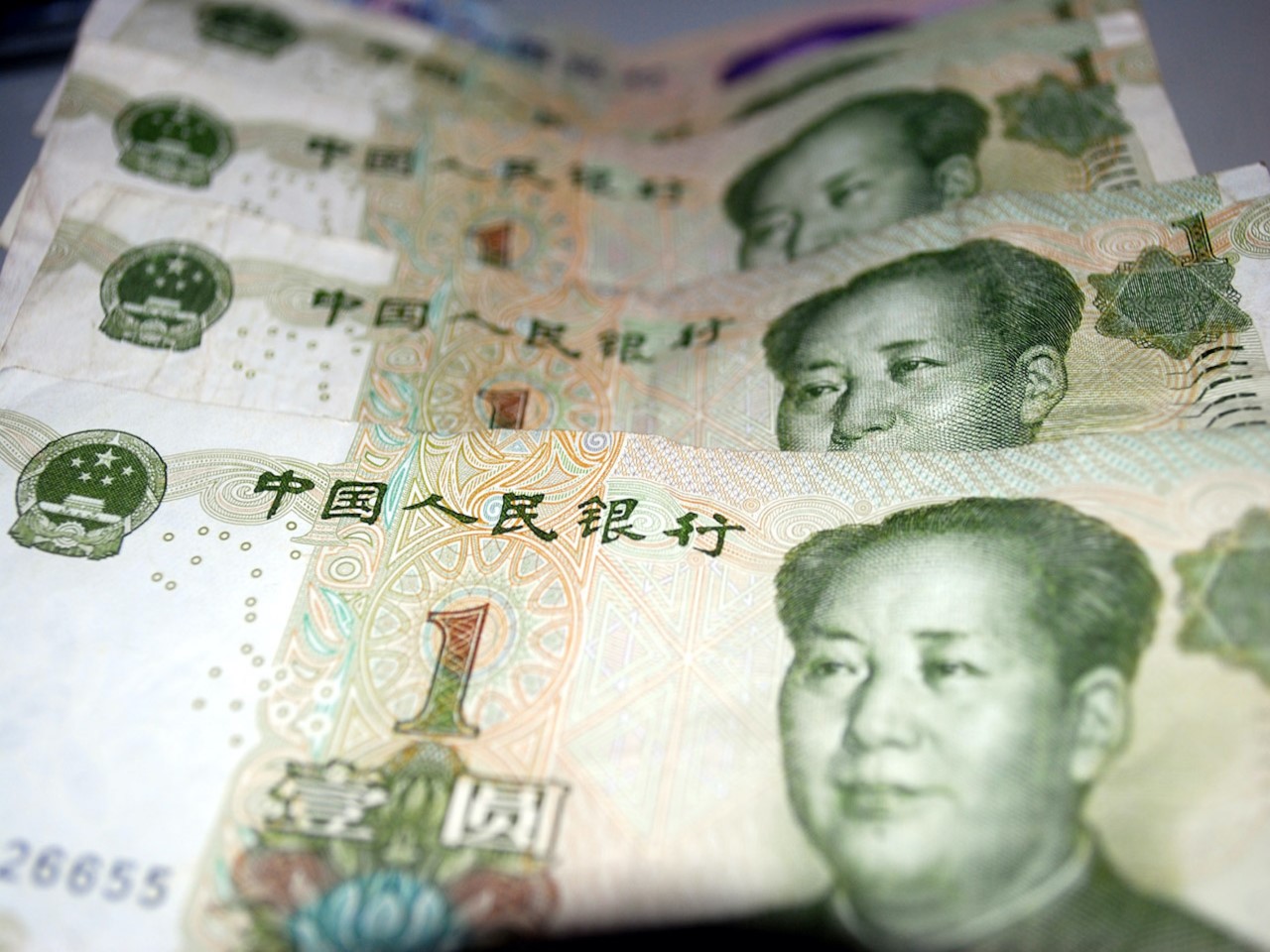The past decade has witnessed an unprecedented shift in the trajectory of Chinese foreign policy, as it moves away from being a low-key figure animated by its traditionally circumspect strategy of “keeping a low profile” toward an assertive one it assumed after President Xi Jinping’s ascension to power in 2013. One of the key manifestations of this phenomenal transformation is China’s efforts to challenge the hegemony of the U.S. dollar through the internationalization of its currency, the renminbi (RMB). To accomplish this goal, China has undertaken several measures to boost the RMB’s standing in the global market, including through currency swap agreements with Latin America, the inclusion of the RMB in the IMF’s Special Drawing Rights (SDR) valuation basket, and the establishment of the Cross-Border Interbank Payment System (CIPS). A successful push of the RMB as the primary global reserve currency would confer a number of advantages on China. From an economic perspective, it would diversify trade relationships and reduce the RMB’s vulnerability towards exchange rate fluctuations. In addition, backed by a strong currency, China would be able to assume a more determinative role in international political affairs. However, does the RMB possess the capability of achieving primacy within the international currency hierarchy? The answer is no.
Before assessing the RMB’s potential, it is essential to have a clear understanding of global reserve currency. This type of currency, in a broad sense, can be defined as an instrument of exchange for goods and services in international economic transactions. To become a reserve currency, a national currency must fulfill two requirements: confidence and liquidity. Confidence simply refers to an investor’s faith in the stability of the currency value, while liquidity is the degree of convenience in possessing a particular currency. The former is determined by factors such as government credibility and macroeconomic policies, while the latter is based on the degree of development and openness of a country’s financial market. In contradistinction to its US counterpart, which satisfies both requirements, China’s unique politico-economic situation presents a major obstacle to the internationalization of its currency. To further understand this limitation, we could employ the Mundell-Fleming trilemma.
The Mundell-Fleming model presents a trilemma between international capital mobility, monetary policy autonomy, and exchange rate stability. A national government cannot maintain all three traits simultaneously and must make trade-offs based on domestic conditions. The U.S. renounces its exchange rate stability in exchange for free capital mobility and monetary autonomy. In China, this trilemma is resolved quite differently. This article will consider all three combinations and relate them to the requirements for currency internationalization mentioned earlier.
If China follows the US example by choosing a combination of fixed exchange rates and free capital mobility, it must renounce its monetary policy autonomy and subsequently conform to the international monetary policy. This is certainly not an option for a non-democratic regime like China. By surrendering its monetary power to the outside world, the ruling party’s authority will be severely undermined. The second option is to have free financial flows and monetary autonomy. As exports account for a substantial share of the Chinese GDP, a floating exchange rate will then have a set of negative implications on the Chinese economy as the Chinese government will no longer be able to manipulate the exchange rates to prevent major appreciations against the dollar. In this case, the export sector, backed by the Ministry of Commerce, poses strong opposition to the liberalization of the exchange rate market. The final pair, which is also the status quo, lacks both convertibility and confidence in the absence of financial liberalization.
The internationalization of a national currency is no easy task, considering the two core requirements that must be met at the domestic level. Given the political and economic deficiencies embedded in the Chinese domestic arena, China is only presented with a single option: retaining capital controls. However, this restriction on capital movements violates the two essential conditions required to push for a global RMB.
_________________________________________________________________________________________________________
Cover Image: Mao Zedong’s ubiquitous cult of personality extends to the official currency of China – the Renminbi (RMB), by Peter Griffen via NeedPix.com. Public domain.
Disclaimer: Any views or opinions expressed in articles are solely those of the authors and do not necessarily represent the views of the NATO Association of Canada.




